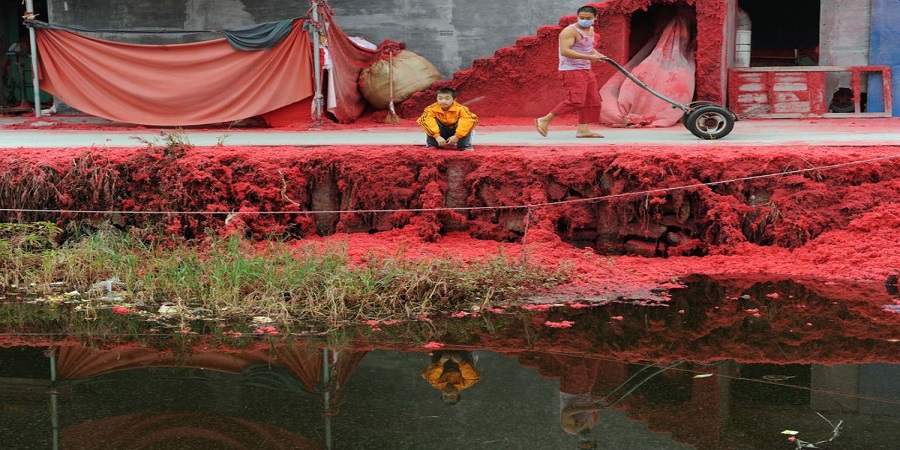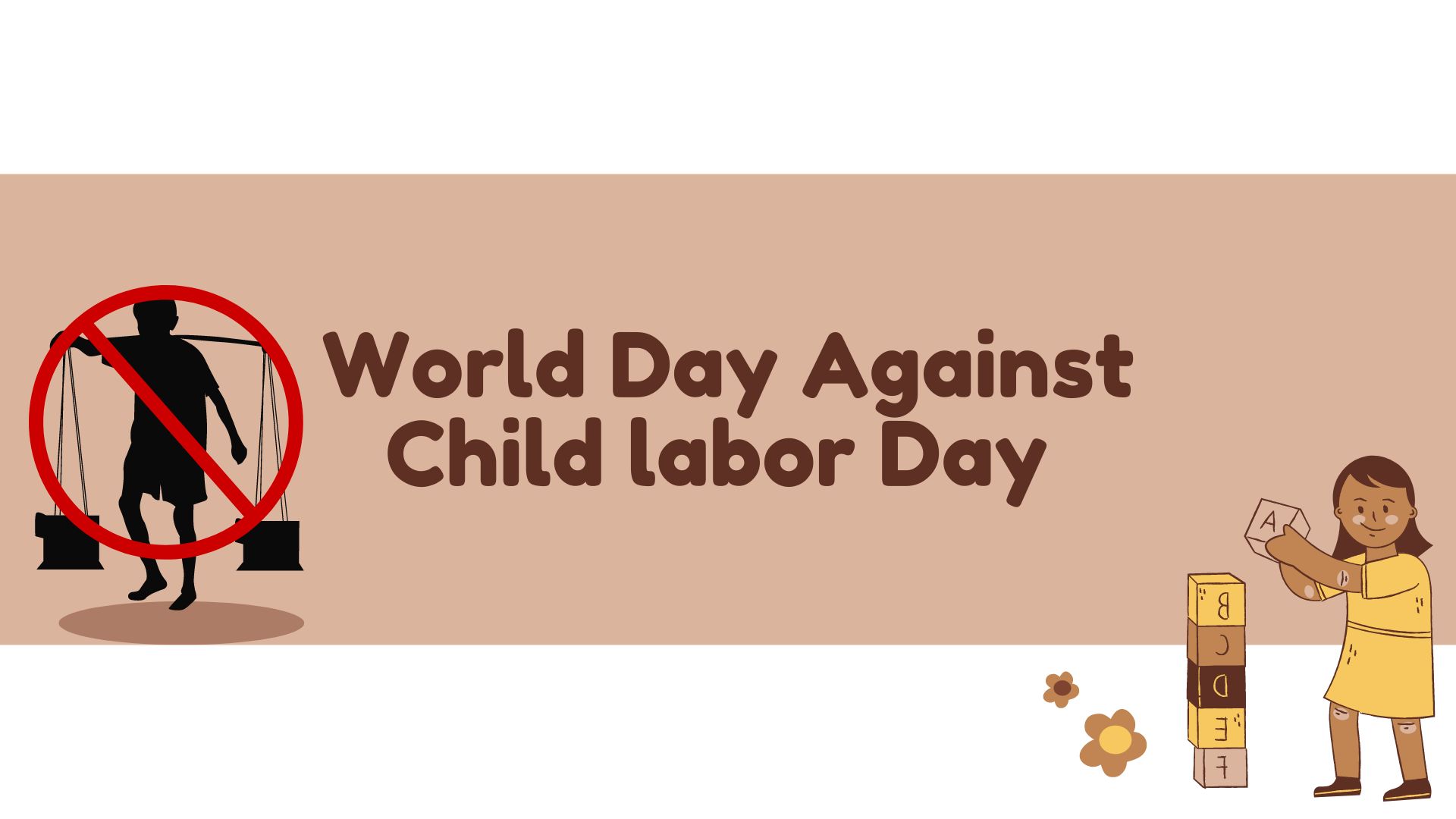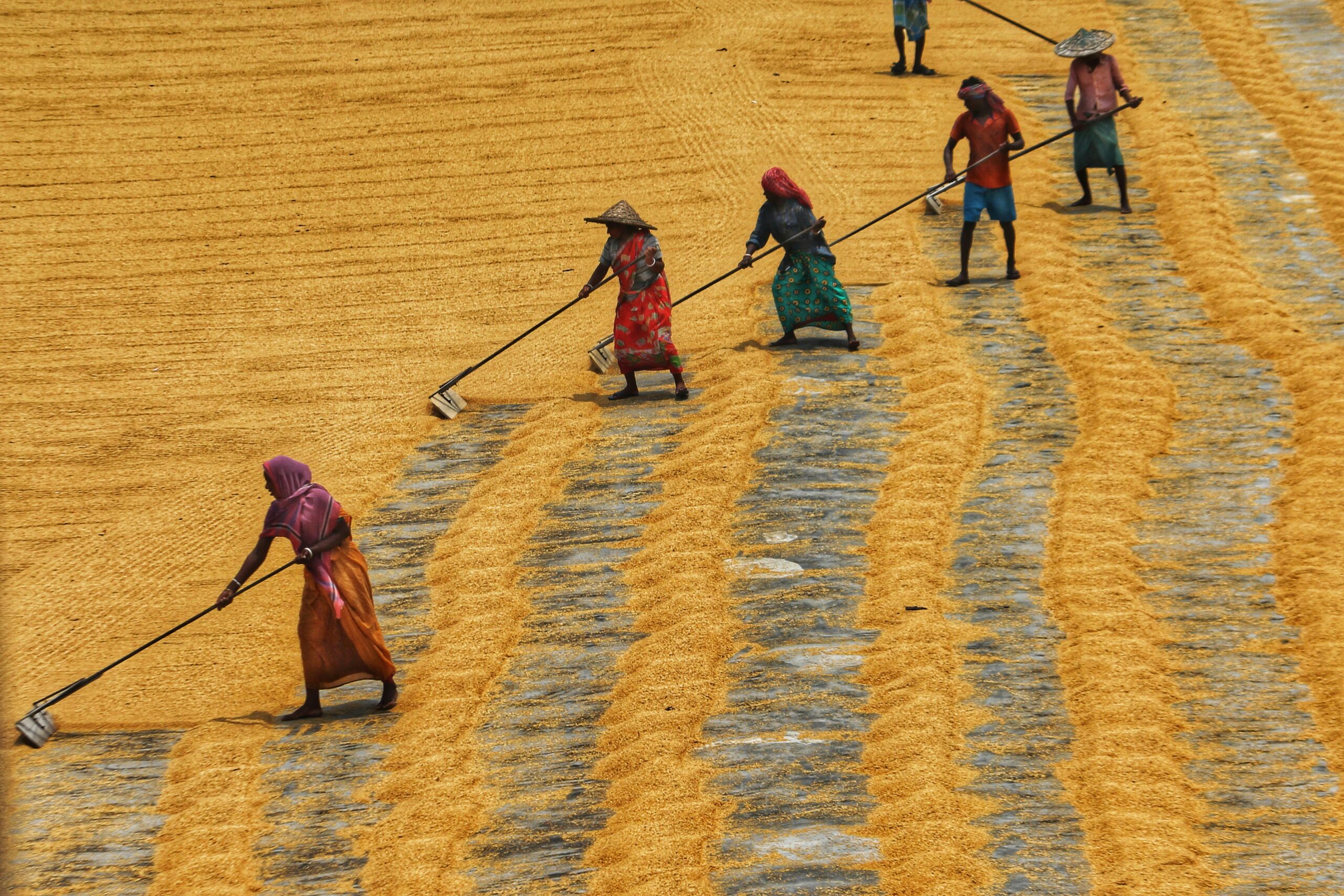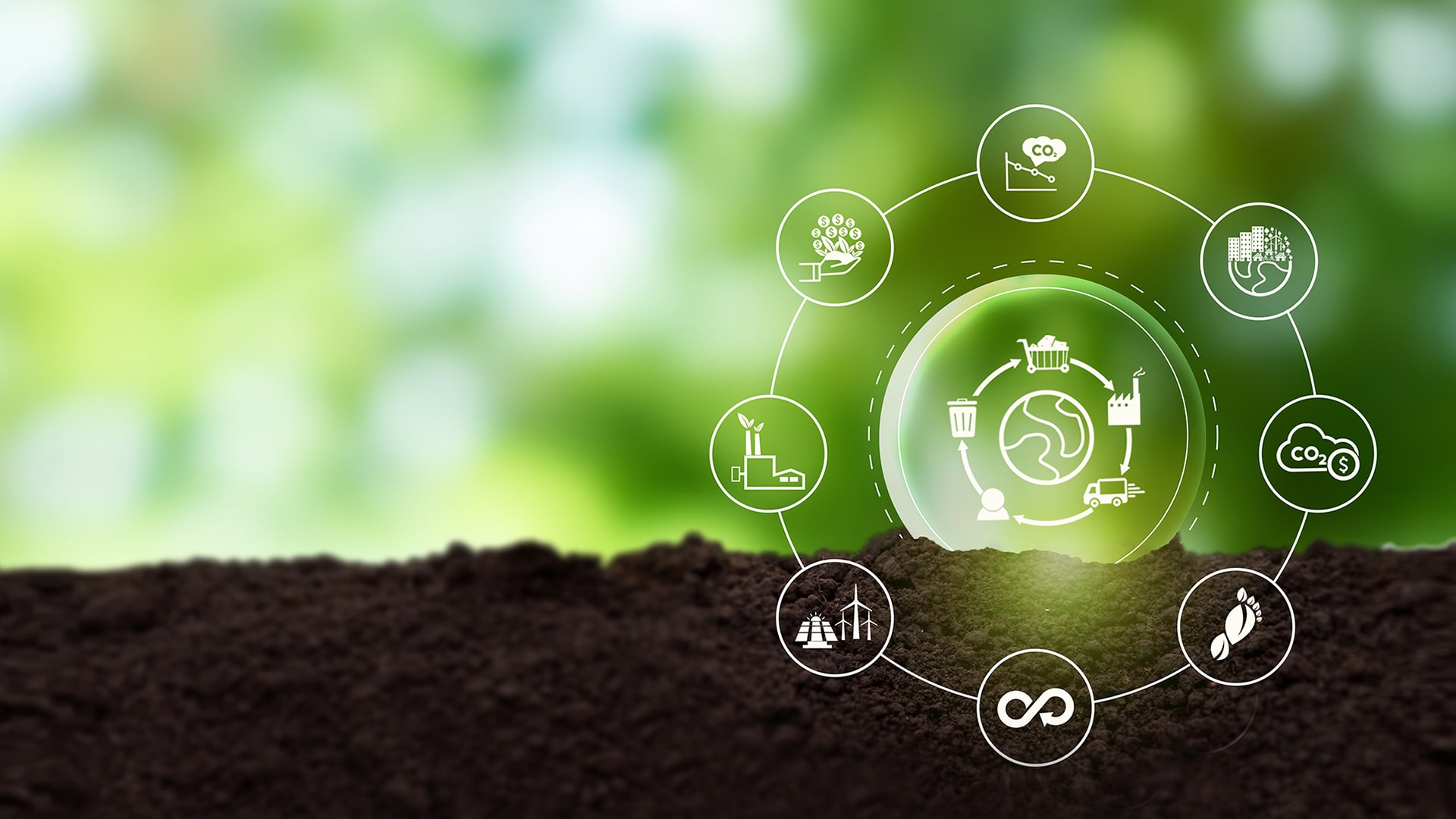Dyeing processes are one of the most polluting unit operations in the textile industry.
News articles are rampant in the media, showing rivers and streams near textile manufacturing hubs flowing with coloured water; untreated and colourised water from dyeing units cause such disastrous changes in the water bodies. Overloaded common effluent treatment plants (CETPs) and illegal discharge of textile wastewater are responsible for ecological problems and diseases among populations consuming contaminated water in areas close to industrial clusters. While improvement in technology1, upgradation of common effluent treatment plants (CETPs), and stricter vigilance by authorities can help curb the pollution of water bodies, prevention is always better than cure—sustainable dyeing2 techniques can reduce or eliminate the production of wastewater in the first place.
CO2 based dyeing (waterless dyeing):
Carbon dioxide-based dyeing was invented by a Dutch company named Dyecoo. Instead of water, Dyecoo’s technology uses pressurized/liquefied CO2 to act as the medium which carries and delivers the dye to the fabric. CO2 is abundantly available and can even be captured from industrial processes in a cluster. After dyeing, most of the CO2 is recovered and can be reused. This technology eliminates water use in dyeing and prevents water pollution.

Air dyeing technique:
Air dyeing (developed by Colorep Inc) utilizes a jet of air to deliver dyes in the form of gas, injecting the dye directly into the fabric. The fabric is heated, which opens the fibre structure, making it easy to deliver the dye. This technique reduces not only water consumption, but uses less chemicals as compared to conventional dyeing.
Salt-free dyeing:
Dyeing of cellulosic fibres (with reactive dyes) such as cotton requires large amounts of salts and alkali as electrolytes. Further, hydrolysis of dyes leads to large amounts of contaminants in the effluent and requires high volumes of water in the washing process to remove the hydrolysed dyes. If the cotton fabric is pre-treated with a cationic polymer, its affinity to the dyes increases by eliminating the zeta potential between, thus eliminating the need to use salts as electrolytes in the dye bath.
Several other methods and modifications are in the works to promote water-less and salt-free dyeing. It must be noted that all methods are not suited for all fabrics and dyes. Continuous R&D is required to further improve the efficiency of water and chemical use in the textile industry. Additionally, costs of latest equipment are high as compared to the spending power of textile MSMEs. This calls for inclusions of water-saving and chemical-saving equipment, modifications and spares in government schemes such A-TUFS (Amended Technological Upgradation Fund Scheme), where businesses can avail some tax benefits or subsidies on purchase of such equipment. Investment in domestic R&D and collaboration labs is required to design homegrown solutions that can cater to domestic units.













































































































